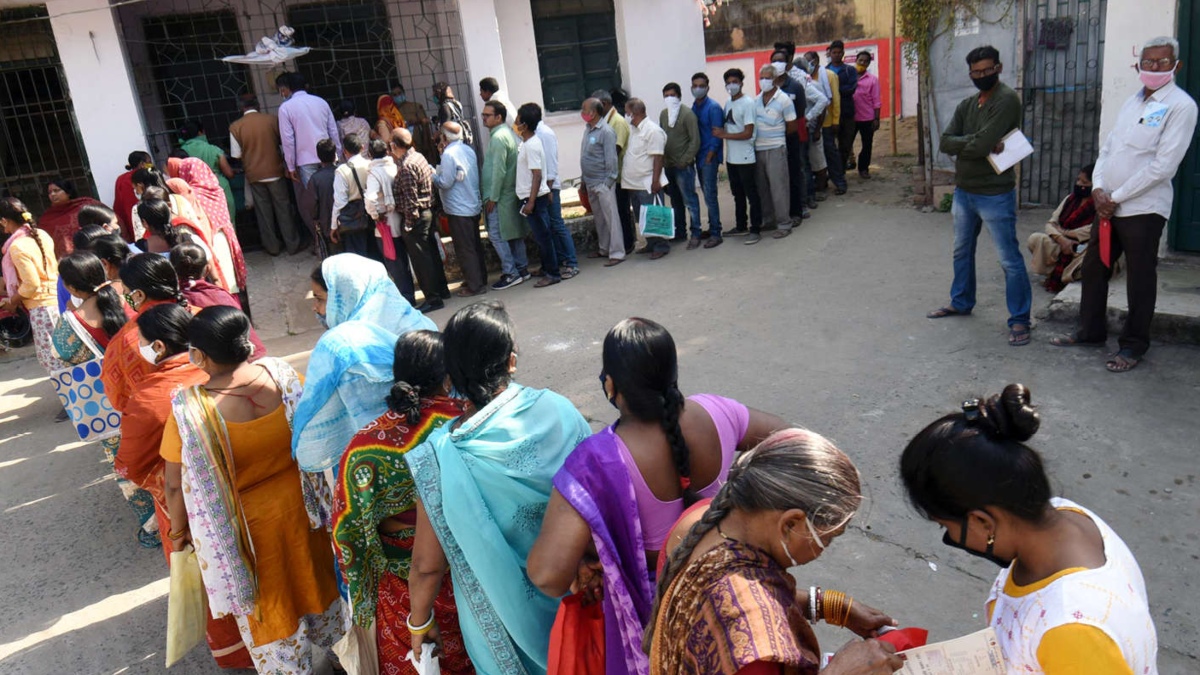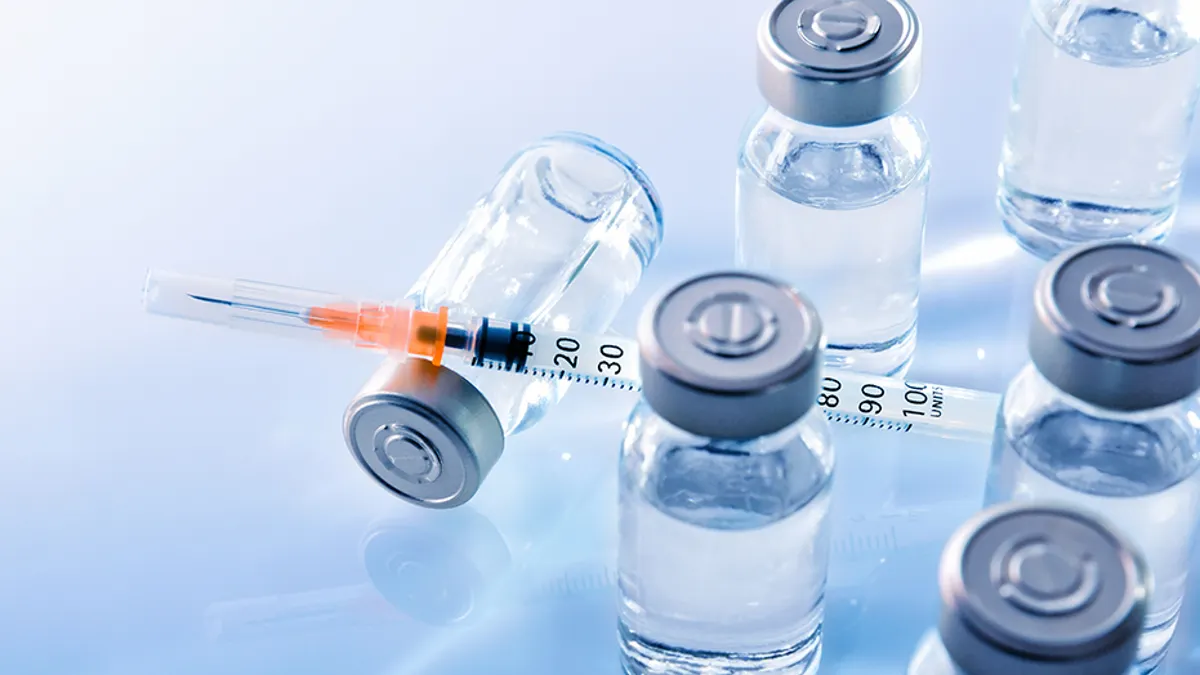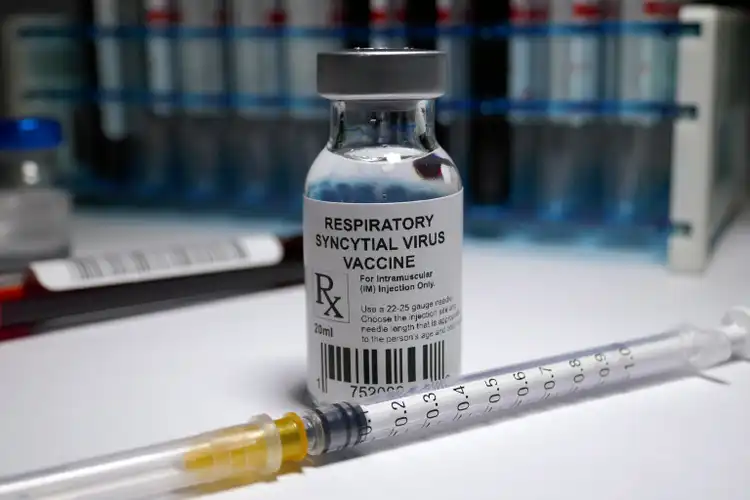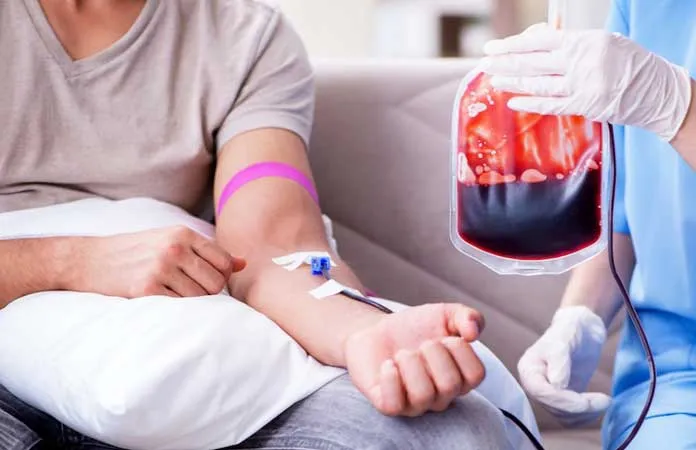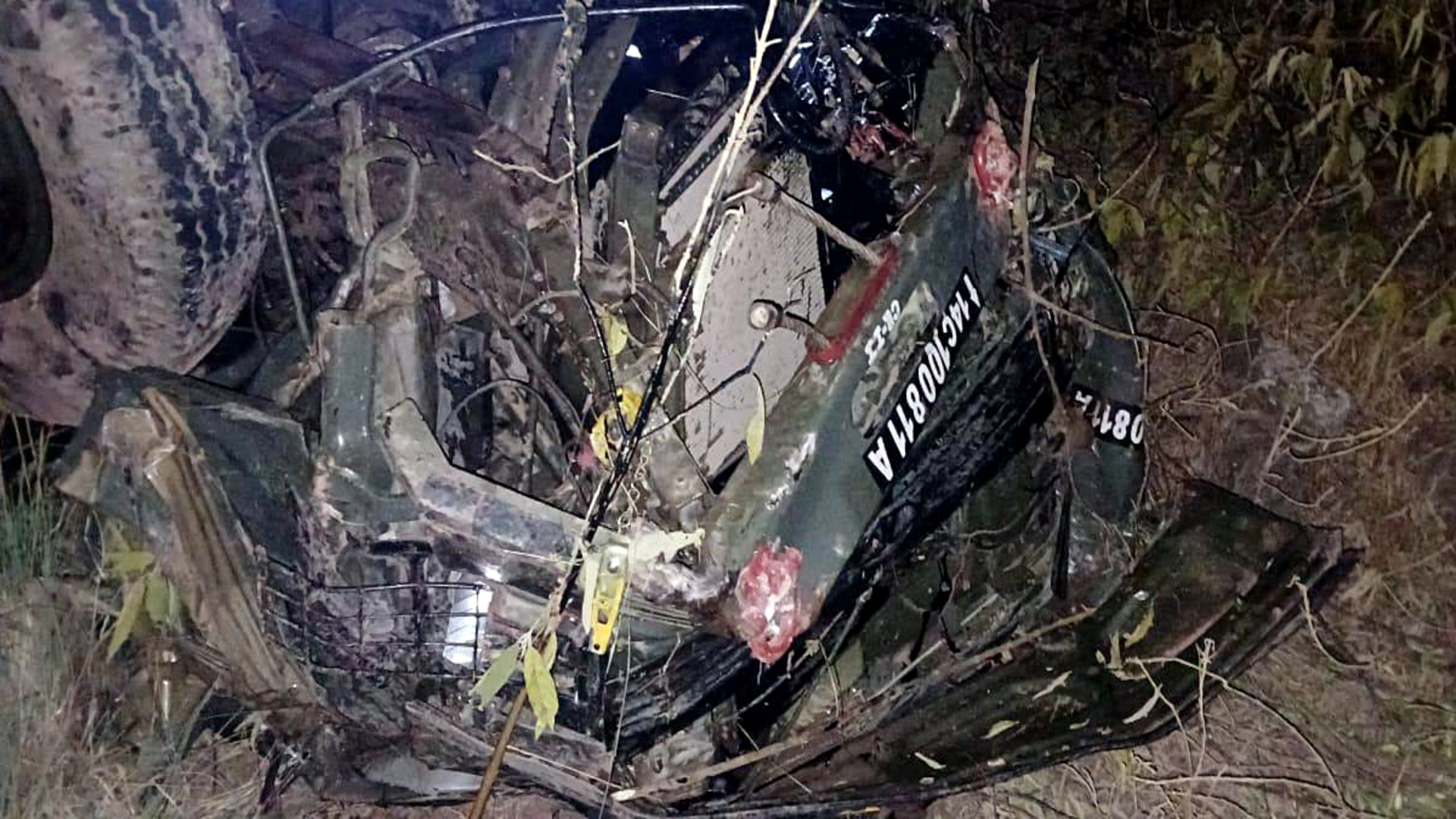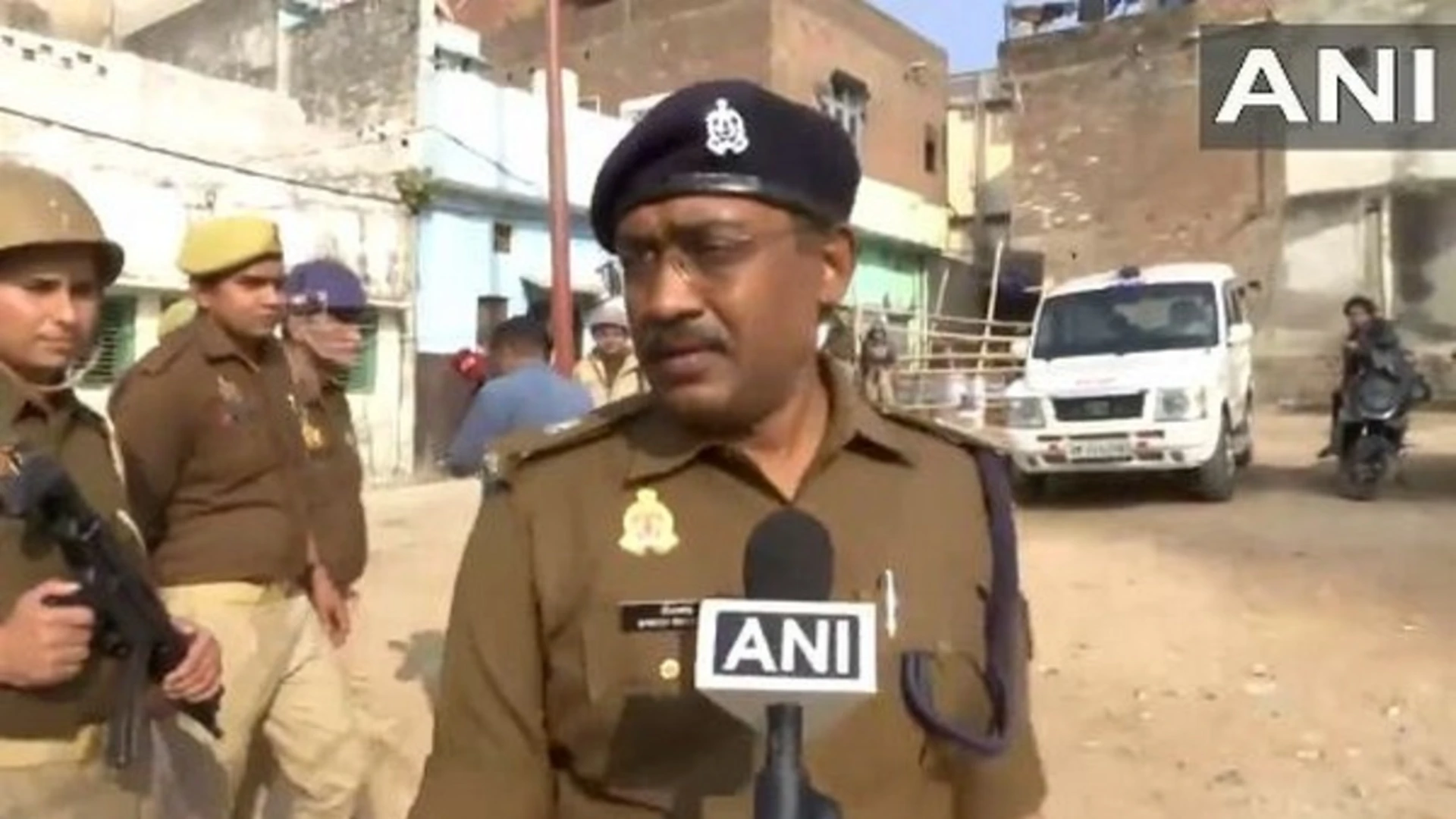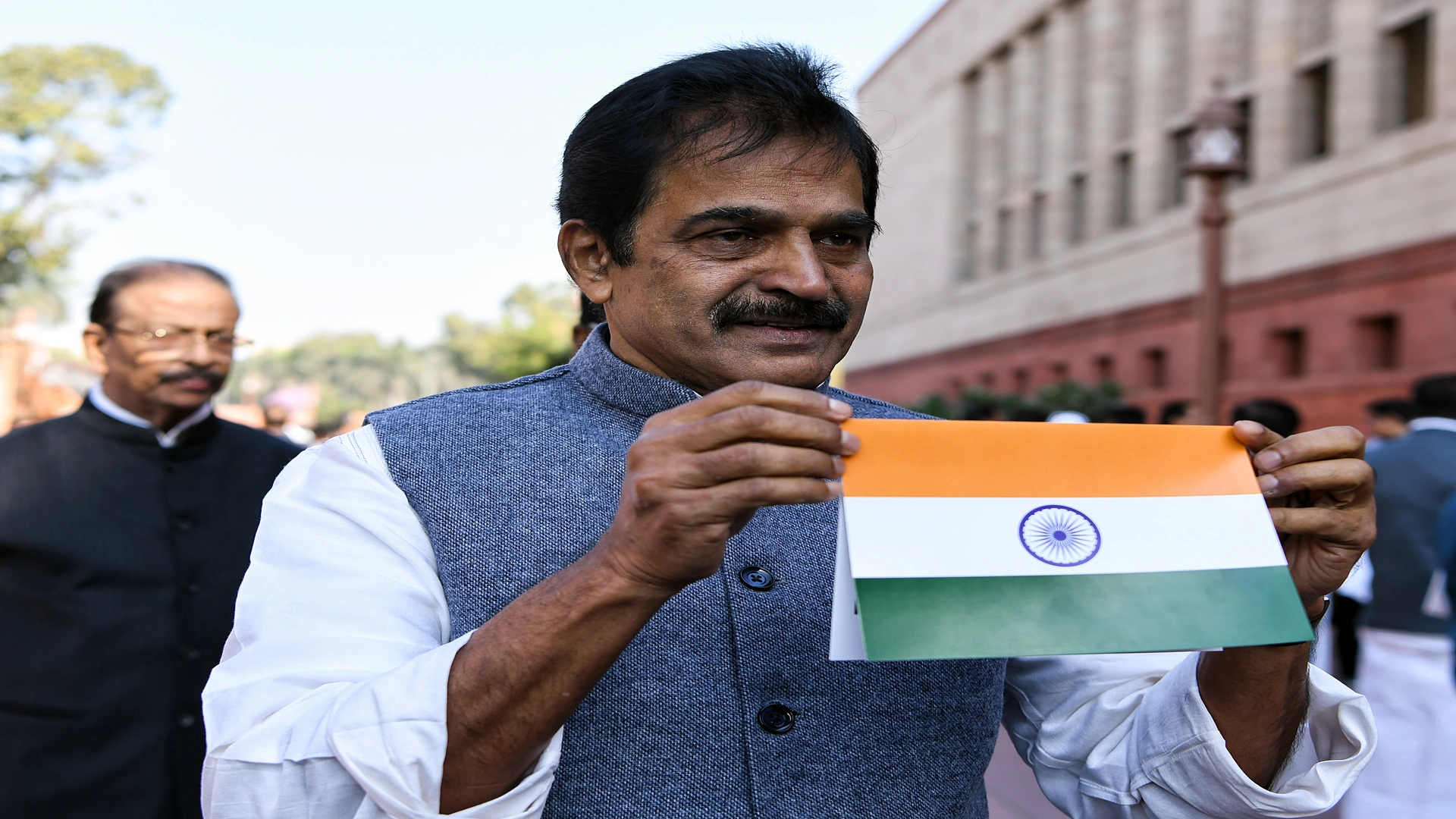In an exclusive interview with The Sunday Guardian, Dr S.K. Sarin, Director, ILBS Hospital, Dr K.K. Agarwal, former president of the Indian Medical Association, Dr Sandeep Mishra, professor and cardiologist, AIIMS, and Dr D.S. Rana, Director, Sir Ganga Ram Hospital, talk about Covid vaccines, the process of getting them and the vaccines which are likely to be available in the near future.
Q: Many beneficiaries are still confused because they don’t know how to register for the vaccine. What is the procedure for it?
Dr Sarin: I think the process has been simplified now and online registration has been started. You can register yourself online, fill up the forms which are there and you can also choose the hospital. There is no bar if you are in another state. You don’t have to go back to your state to get a vaccination there.
Once you fulfil the criteria, which are also very clearly laid out—if you are above 60 or above 45 and fall in any of the 20 categories which are clearly listed on the form—you can certainly get registered. There is online registration for registering yourself or your society or organisation, or we can register you online if you are one of those who will get priority. After that there would be some space for walk-in registrations, but just to avoid crowds, I think it will be a slow process in the initial days. So, get yourself registered online.
Q: What is the cost of the vaccines?
Dr Aggarwal: The cost has been fixed by the government. In a government hospital, it will not cost anything and in the private sector, it will be Rs 250 per vaccine, which will mean Rs 500 for two shots. An important thing is that in the private sector, out of the Rs 250 charge, Rs 100 are for providing a service. The private sector will also have to make a consent form. The government has not said whether the Consumer Protection Act will be applicable on this, therefore the private sector may have some hitches in preparing a consent form. The consent form should be transparent, it should mention in case the patient needs to be observed for six or eight hours or get admitted in the hospital. It also needs an undertaking from the patient because what happens is now there will be issues with insurance companies. The private sector will have to be very clear about such intricacies.
Q: Will private hospitals charge some extra money for the procedure or only what the vaccine costs, that is, Rs 250 or Rs 500 for two doses?
Dr Aggarwal: If a patient is asthmatic or if a patient needs an evaluation of whether he is fit or not, I don’t know whether the hospital will waive off those charges. If a patient is high-risk, if he needs observation for more than half an hour, or if the patient develops a delayed reaction after four hours and comes to the hospital for observation—these are things which we still don’t know. The hospital will have to decide that but they have to be transparent.
Q: How will people know about particular allergies? Do we have particular tests for that?
Dr Mishra: This area has not been investigated in great detail, so there is a need for more information on this. But there are some tests available which talk about some allergies. But on a mass scale, I don’t think they are practical. So, the basic thing is that if someone is not known to be allergic to anything, it is more or less no problem. But if somebody has had a history of a very serious allergy or anaphylaxis, then I think they need to get investigated.
Dr Rana: I am not an expert on this but I know that people are likely to have a little reaction to any drug which includes vaccines. But on a large scale, as the doctor just said, it is not possible to know and test these things. Maybe people at risk may avoid the vaccine and stay at home.
Dr Aggarwal: People with kidney failure, people having transplants and younger people with ischemic heart disease are very prone as far as diseases are concerned. But this is also a big question which needs to be addressed. I hope after 3-4 months, we would know how to sort out this issue.
Q: Why is it so important to get vaccinated?
Dr Sarin: If this virus invades and you have no immunity, it will be fatal as it spreads fast. The vaccine gives you four kinds of benefits. If you have an immune reaction to the vaccine, the virus won’t be able to cause a major injury to the body. Second, if the person gets the infection and there is a low level of viremia, he will not be able to transmit. Third, the vaccinated person will have a benefit against the mutated virus, if not 95%, but at least 75%. Fourth, his/her family won’t catch any further infection due to the beneficiary. So, both the doses must be taken as one dose is not enough. We should pace up the vaccine drive but there is no question now upon its safety and efficacy as 12-13 million people have been vaccinated. In areas where there is a high aggregation, people should be closely watched. We should watch out for the five states showing a surge so that the containment and the prophylaxis by vaccination are given to everyone where there is a likelihood of the infection. Science has given you the vaccine. Now your work is to accept it.
Dr Aggarwal: I have a question for Dr Rana. If a patient gets a reaction and gets admitted for 8-12 hours, I don’t think private hospitals or the private sector is going to cover that cost.
Dr Rana: It is a very transparent episode and I think we should be able to handle it.
Dr Aggarwal: I don’t think you are going to vaccinate a person with a very high risk without evaluation. Suppose somebody’s blood pressure is very high at the time of vaccination or he is diabetic or comorbid, either you will refuse him or you will evaluate him. A hospital may say, ‘yes, we are going to do it for free’, but it should be transparent. So, for all the people who are very comorbid, if the evaluation is free, it is very good, but if it’s not, it should be transparent.
Dr Rana: I agree with you, but there is no policy right now. We will do whatever the government will say. You are right, but right now we have to take up that cost.
Dr Aggarwal: Another thing I am asking you is that if you are taking Rs. 100 as a service charge, you will be under Consumer Protection Act from tomorrow. Therefore, consent should be taken.
Dr Rana: Everything is being done in the interest of the general public.
Q: Why is consent important?
Dr Aggarwal: In the private sector, no consent is taken—that is my only concern. Make a consent form and let consent be taken.
Dr Sarin: I would like to clarify that once you register online, you are voluntarily giving consent and you are shown all the facts. To simplify, I would say that consent is not a part of the vaccination as it is a voluntary act.
Dr Mishra: When I got vaccinated at AIIMS, it was free, but still there was a consent form which contained the details of the vaccine. So, I think even if the service is free, a consent form should be signed.
Q: Which are the other vaccine candidates in the pipeline?
Dr Sarin: You must have read about the J&J single-dose vaccine which was just approved by the FDA. I think it’s amazing what a single dose can give you. There is no other where you give just one dose because, normally, vaccines work on a principle of showing a trailer of the invader. So, they give you a small dose of an inactive virus, which enables the body to make immune cells against it. And the second dose provides the body with a full-blown machinery to tackle it. So, all vaccines are given in a number of doses. But the J&J vaccine is a very big scientific achievement.
Other than that, nasal vaccines are also on the way. India is likely to have Sputnik V which is a two-dose vaccine given three weeks apart. It has been developed by the Russian Institute and Dr. Reddy’s is making it. There are two other vaccines. One that the Serum Institute is making and another by Zydus Cadila which is likely to come into the market. They are also making a nasal vaccine.
I think by the next two months we may have 7-8 more vaccines available. The variant vaccines which are being developed by Moderna and Pfizer are also likely to be continued. But even if India vaccinates 30 crore people in the next two weeks, we are still far behind because it is only 30% of the population, where Israel is at 85% and the UK and the US are also far ahead. With such a huge population, India needs multiple safe, effective vaccines and more vaccination strategies.

